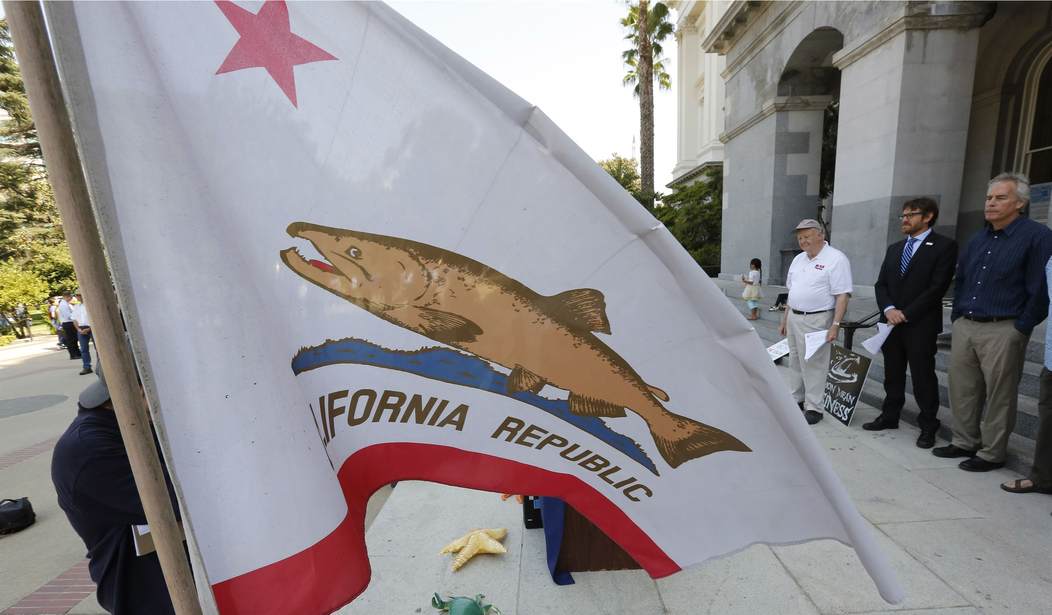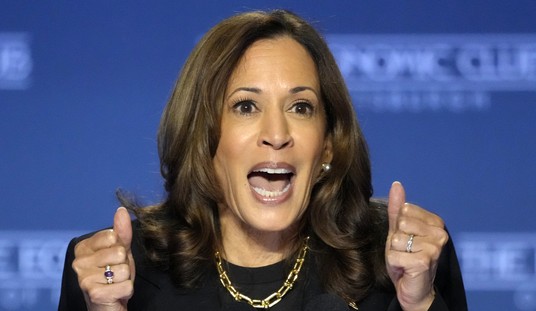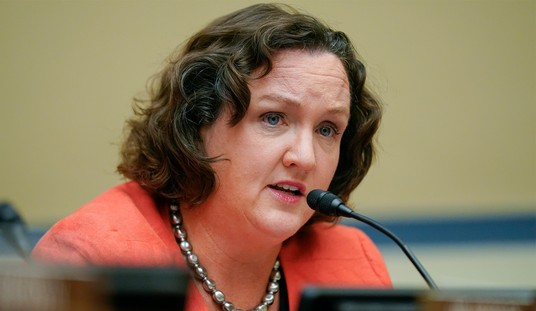This is a good one. California’s government is currently considering two bills that, if passed, would require schools to teach media literacy to students. This development comes amid increasing concerns over supposed “misinformation” and “disinformation.” Multiple studies have shown that younger folks have trouble discerning between neutral reporting and opinion editorializing, a distinction that has become increasingly frayed over the past decade. However, those savvy to this issue might have cause to question what the Golden State is trying to accomplish with its students.
One of the bills in question is designed to ensure that all of California’s students are educated on media literacy:
Assembly Bill 873, authored by Assemblymember Marc Berman, D-Menlo Park, would direct the state’s Instructional Quality Commission to incorporate media literacy into K-12 curriculum in English language arts, math, science, history and social studies frameworks. Eventually, all public school students would receive media literacy lessons every year, in every class.
“We need to make sure the next generation has the critical thinking skills and analytic skills to be discerning about what they’re bombarded with online,” Berman said. “My hope is that students talk to their parents about this, too.”
In 2018, California passed optional media literacy guidelines, which focus on teaching about online privacy and safety, conducting research online and other topics related to internet use. This bill goes further in that it addresses misinformation and social media use specifically, and would be required in classrooms.
The other bill would have the state assess how its schools are addressing media literacy:
Another assembly bill, sponsored by Jesse Gabriel would also survey schools on how they teach media literacy, if at all. His bill always seeks input from teachers, tech experts and researchers.
Currently, 18 states have passed legislation intended to establish media literacy standards. Instruction in this area is not required in each of these states, but some have made it mandatory.
Now, more than ever, media literacy is one of the most important skills a person can possess. In an environment in which we are constantly bombarded by information on the internet and elsewhere, the ability to separate the wheat from the chaff, so to speak, is essential. In light of this, media literacy programs in schools might sound like a benefit since it is critical that people are not led astray by bad actors in the media.
But we have already seen that folks like the authoritarian leftists who govern California are not quite honest when it comes to the misinformation issue. Over the past decade, these folks have shown that they are not trustworthy when it comes to helping people identify truth vs. narrative in the press.
This reality was seen in the leadup to the 2016 election when leftists identified nearly all reportage in favor of former President Donald Trump as “fake news.” Indeed, Democratic politicians and left-leaning influencers constantly warned the public about false news stories intended to deceive people.
However, their agenda was easy to spot because these people only identified conservative and libertarian news outlets as “fake news” while ignoring that false reporting coming from organizations like CNN, MSNBC, and several others. The issue became so pronounced that Trump cleverly turned their “fake news” moniker against them to great effect.
But the left remained undeterred at the failure of their “fake news” labeling tactic. Now, they have simply rebranded it, referring to opinions with which they disagree as “misinformation” and “disinformation.” Same strategy, different name.
To be blunt, there is absolutely no way that California’s government truly seeks to teach media literacy to their public school students. Their objective is to expand their indoctrination efforts to shape how young minds view the media. There can be no doubt that these classes will influence children to view any ideas or opinions coming from the right as misinformation while information coming from the left as being pure as the driven snow when it comes to factual reporting.
The aim of media literacy education is to equip students with critical thinking skills to navigate the complex landscape of information, regardless of political leanings. If these people were honest brokers, such legislation might be a welcome sign. But in an America in which politics taints nearly everything, it’s easy to see this for what it is: More authoritarian leftist indoctrination.













